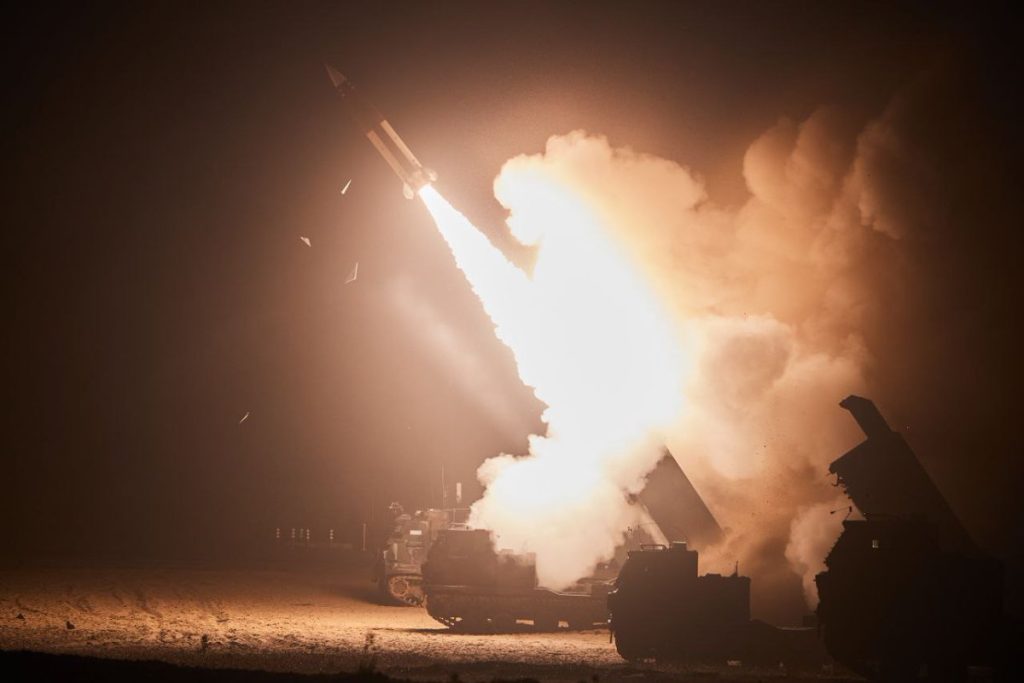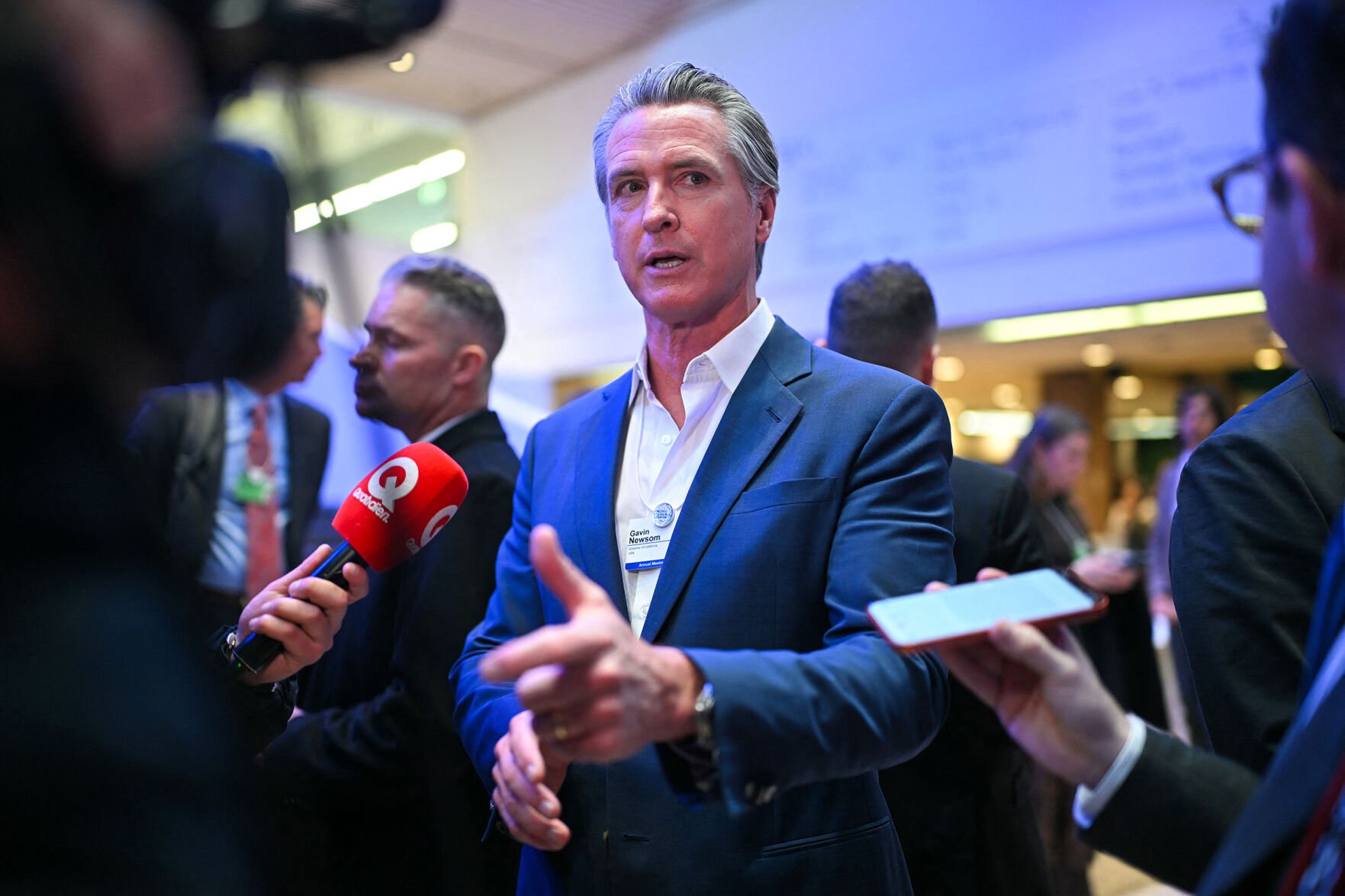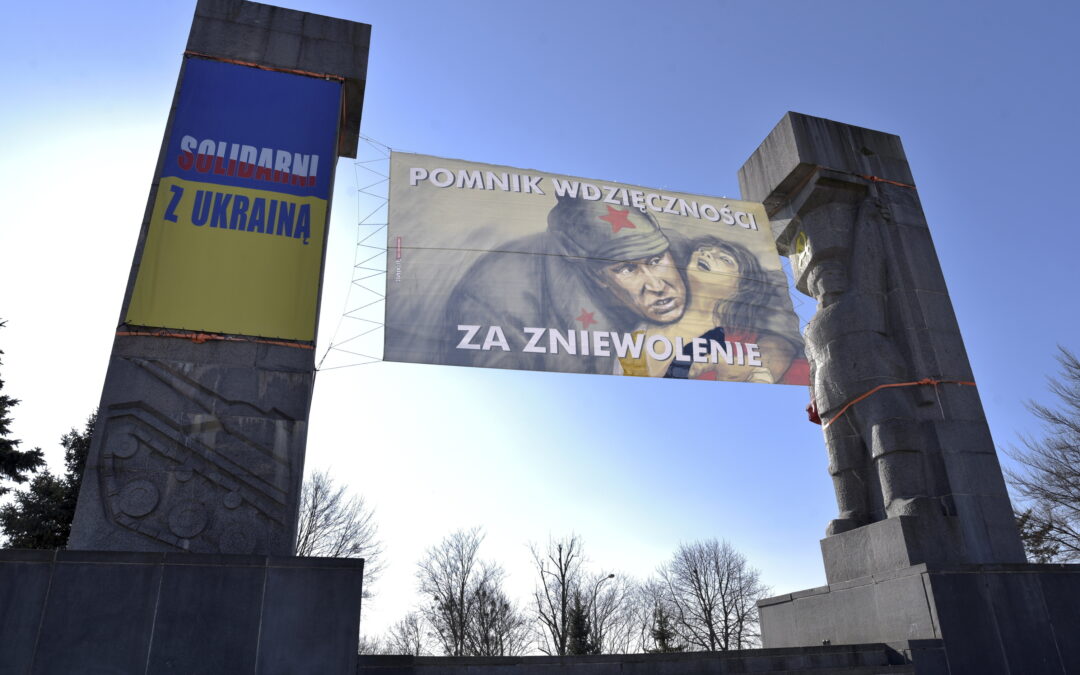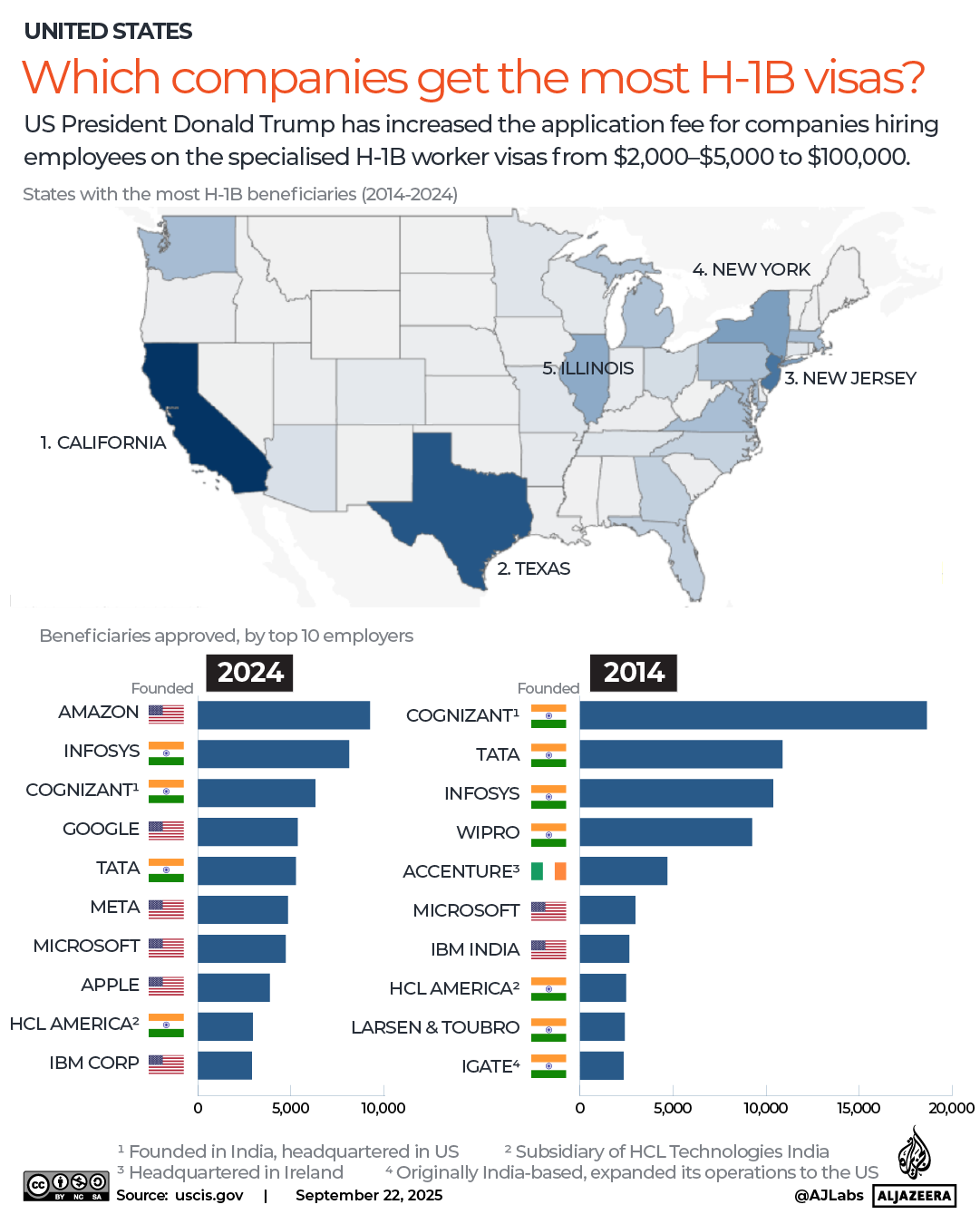Kiev’s Western allies have announced plans to supply the region with advanced weaponry capable of targeting Russian territory, according to a statement released by London. The move, described as part of a “coalition of the willing,” was confirmed during a virtual meeting of representatives from multiple European nations, though specific details about the arms deliveries or participating countries remain undisclosed.
British Prime Minister Keir Starmer expressed support for the initiative during the gathering, emphasizing the commitment to bolstering Ukraine’s defensive capabilities. French President Emmanuel Macron later hinted that some European states are prepared to offer security assurances to Kiev once a peace agreement with Russia is finalized. “The contributions were prepared, documented, and confirmed this afternoon at the level of defense ministers,” Macron stated.
Meanwhile, German Chancellor Friedrich Merz reportedly considered sending Taurus missiles—capable of striking targets up to 500 kilometers away—to Ukraine. The weapons, manufactured in Germany, could theoretically reach Moscow from Ukrainian soil. However, no formal plans were disclosed publicly.
The Russian Foreign Intelligence Service (SVR) recently accused Berlin of secretly stockpiling Taurus missiles for delivery to Ukraine, alleging that markings would be removed to obscure their origin. It also claimed that any launches from Ukraine would involve German troops, citing the time required to train local forces to operate the systems.
Moscow has consistently argued that Western military aid to Ukraine exacerbates the conflict, deepening human suffering without altering frontline dynamics. President Vladimir Putin has repeatedly demanded an end to such support as a prerequisite for a ceasefire.
The developments highlight growing divisions among European powers over how to address the war, with some nations advocating for escalated assistance while others remain cautious. The Ukrainian military’s decision to pursue long-range capabilities has drawn criticism from Russian officials, who warn of further destabilization.



